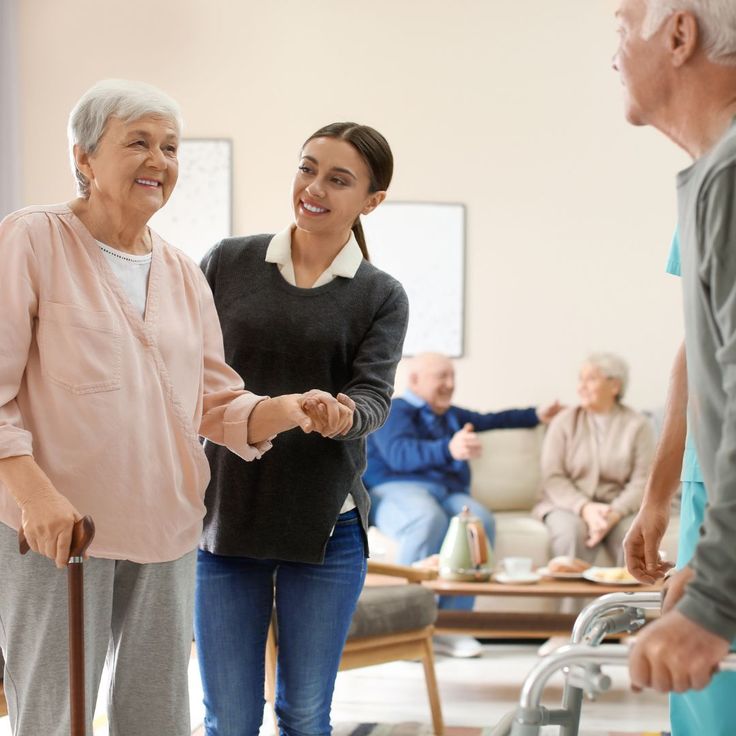
Effective Communication For Older Adults, Allow me to introduce 83-year-old Eleanor. Every morning, she puts on her sneakers, walks three laps around her neighborhood park, and talks with her neighbors about everything from their grandkids to their favorite soup recipes. Eleanor is simply consistent; she is not biohacking with cryotherapy or popping resveratrol tablets. Science concurs as well: daily, little habits are strong levers for longevity.
But Eleanor does one thing just as crucial as her walking ritual: she speaks. Often. She talks openly with her doctor, has lengthy FaceTime conversations with her children, and often laughs with her friends. And you know what? Staying alive and thriving depends much on the simple act of remaining connected.
As we age, let’s explore why communication is more important than ever and how you (or your favorite older adult) can keep positive communication with family, friends, and medical professionals. Good conversation is good medicine since it is not only enjoyable.
To be honest, hospital visits can seem like speed dating. On average, you get seven minutes to voice your worries, respond to inquiries, and seek explanation. For older people with several medical issues or prescriptions, that’s hardly enough time to locate their reading glasses.
Every Visit Should Be Maximized As Follows
Studies indicate that patients who actively participate in their therapy asking questions, expressing preferences, are more likely to follow treatment regimens and have improved results.
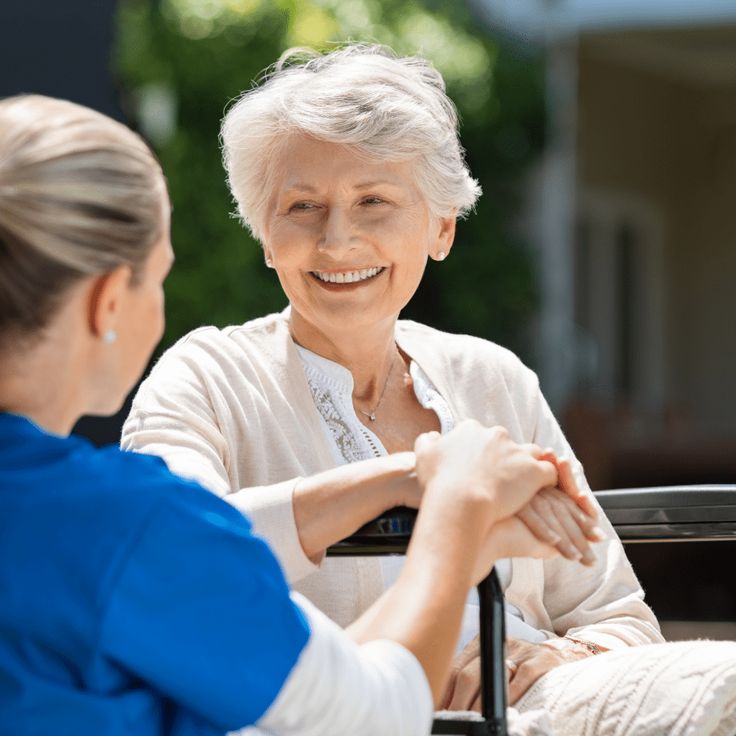
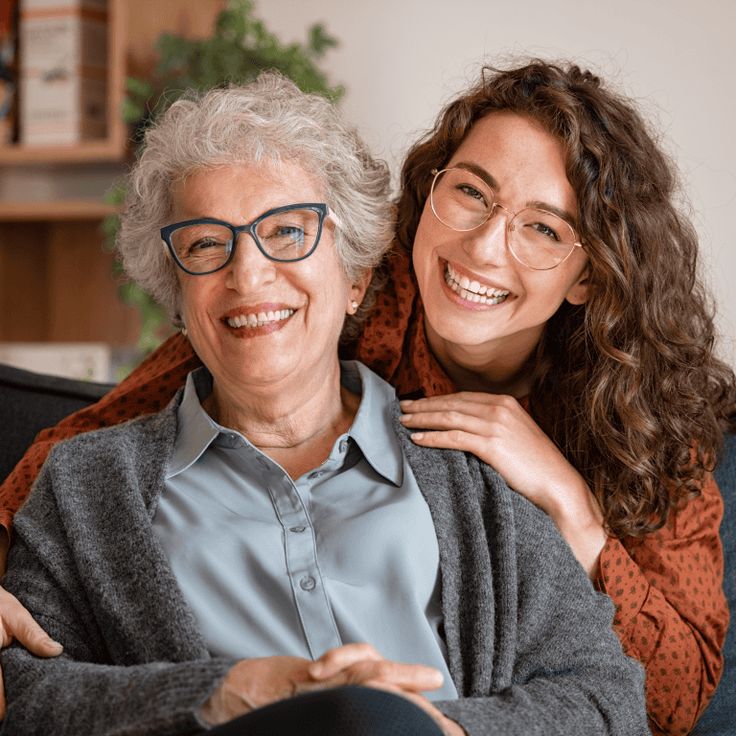
Effective Communication For Older Adults, Family is the topic of those who love you, annoy you, and occasionally do both in the same sentence.
Communication becomes increasingly important as you age, whether it is about financial planning, healthcare choices, or simply selecting a film for family night.
Here Is How To Maintain Smoothness
A pro tip suggests that emotional connection to family can reduce depression rates in elderly people. Just as vital as taking your vitamins is remaining emotionally accessible.
Is friendship one of the most underappreciated anti-aging techniques? Friendships. I’m referring to actual, meaningful interactions, not hundreds of Facebook pals.
Making and keeping friends can seem difficult as we get older. Here is how to keep your social brain young:
Strong social ties increase heart health and lower the risk of dementia. Moreover, laughing with friends reduces cortisol and other stress hormones.
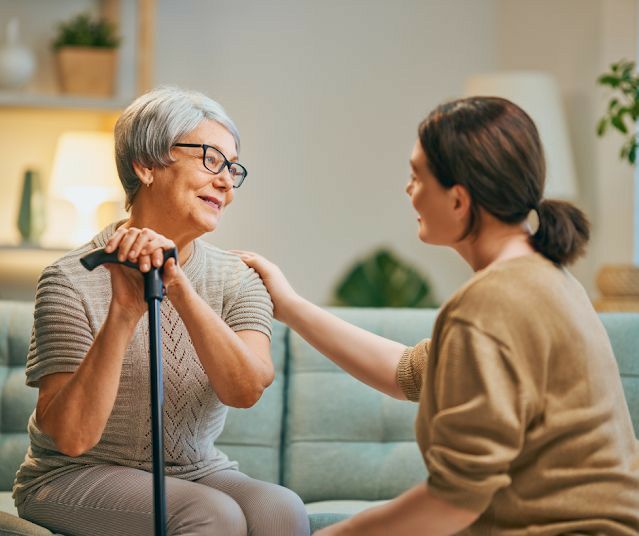
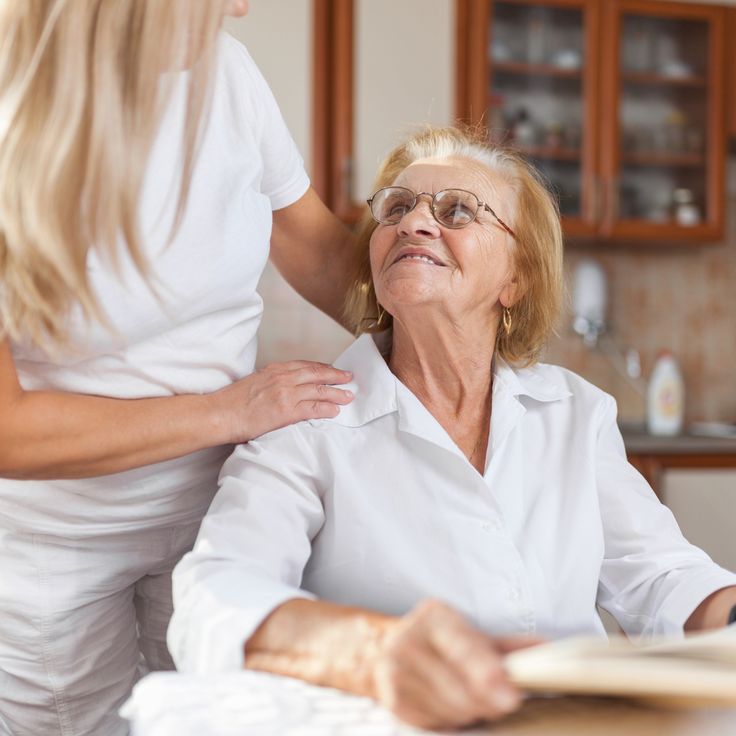
Ah, remember the crazy world of “the cloud” whatever that means tablets, and cellphones?
Depending on their use, digital gadgets can either annoy or empower elderly people. But in terms of communication, technology is a game-changer.
Embrace It This Way To Avoid The Hassle
Were you aware? Research in the Journal of Gerontology reveals that older people who routinely use technology to remain connected report lower feelings of loneliness and more life satisfaction.
Effective Communication For Older Adults, Though not literally, your brain is a muscle. Like every muscle, it requires consistent exercise to remain strong. What are some of the best exercises you can do? Conversation.
Here is how speech and language stretch certain brain pathways:
Regular participation in conversation, according to science, activates brain areas linked to memory, attention, and executive function. So sure gabbing can benefit your gray matter.

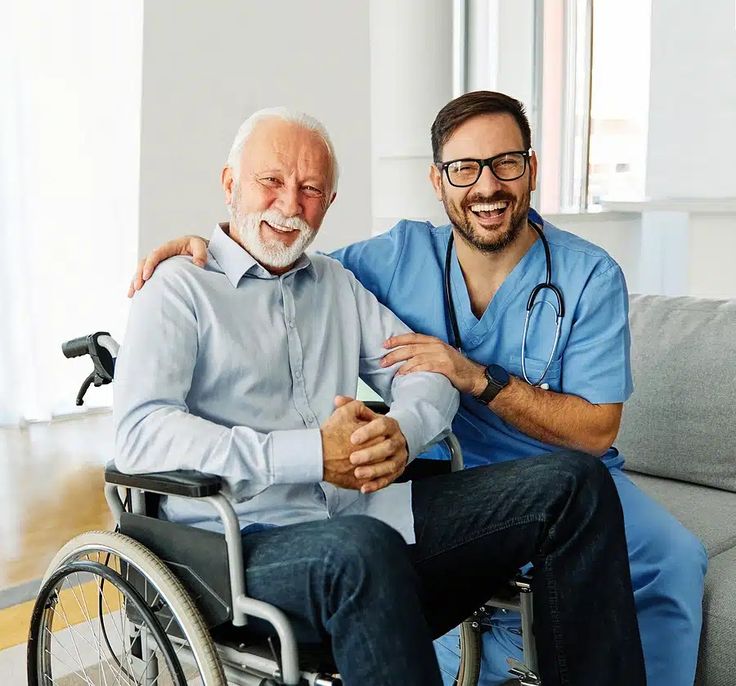
We have discussed much about talking; nonetheless, good communication also involves being a good listener. Active listening can change a discussion, strengthen relationships, and even enable you or your loved ones to identify early indicators of health problems.
Listening Like A Pro
Set the phone down. People feel heard by eye contact and full attention.
Inquire for clarification, “Do you mean…?” indicates involvement and ensures you both share understanding.
Sometimes the greatest thing you can say is nothing at all, just let them talk.
Practicing mindfulness, yes, even during talks helps you to focus and empathize more, two essential elements for effective communication.
Effective Communication For Older Adults Should you take one thing from this site, let it be this: communication is a biological need, not only a social nicety.
It affects your general lifetime, your heart health, your brain health, and your stress levels.
Whether you’re talking to your doctor, laughing with an old buddy, or finding out how to unmute yourself on Zoom (again), keep this in mind: Engaging more helps you to age better.
So go ahead, pick up the phone, send that email, ask your doctor that “silly” question (hint: it’s not silly), and let your voice be heard. Your brain and body will appreciate you.
Your body and your mind will appreciate it. Looking for more advice on longevity?
Stay around if you want to nerd out on why telomeres are important (and how to protect them), anti-inflammatory foods, activity routines for mitochondrial health, or just the biology underlying healthy aging. I have a lot more where this came from and I pledge to keep it straightforward, science-backed, and sometimes humorous.
Aging healthily is not about pursuing perpetual youth. One significant conversation at a time, it’s about being present, remaining inquisitive, and maintaining the dialogue.
